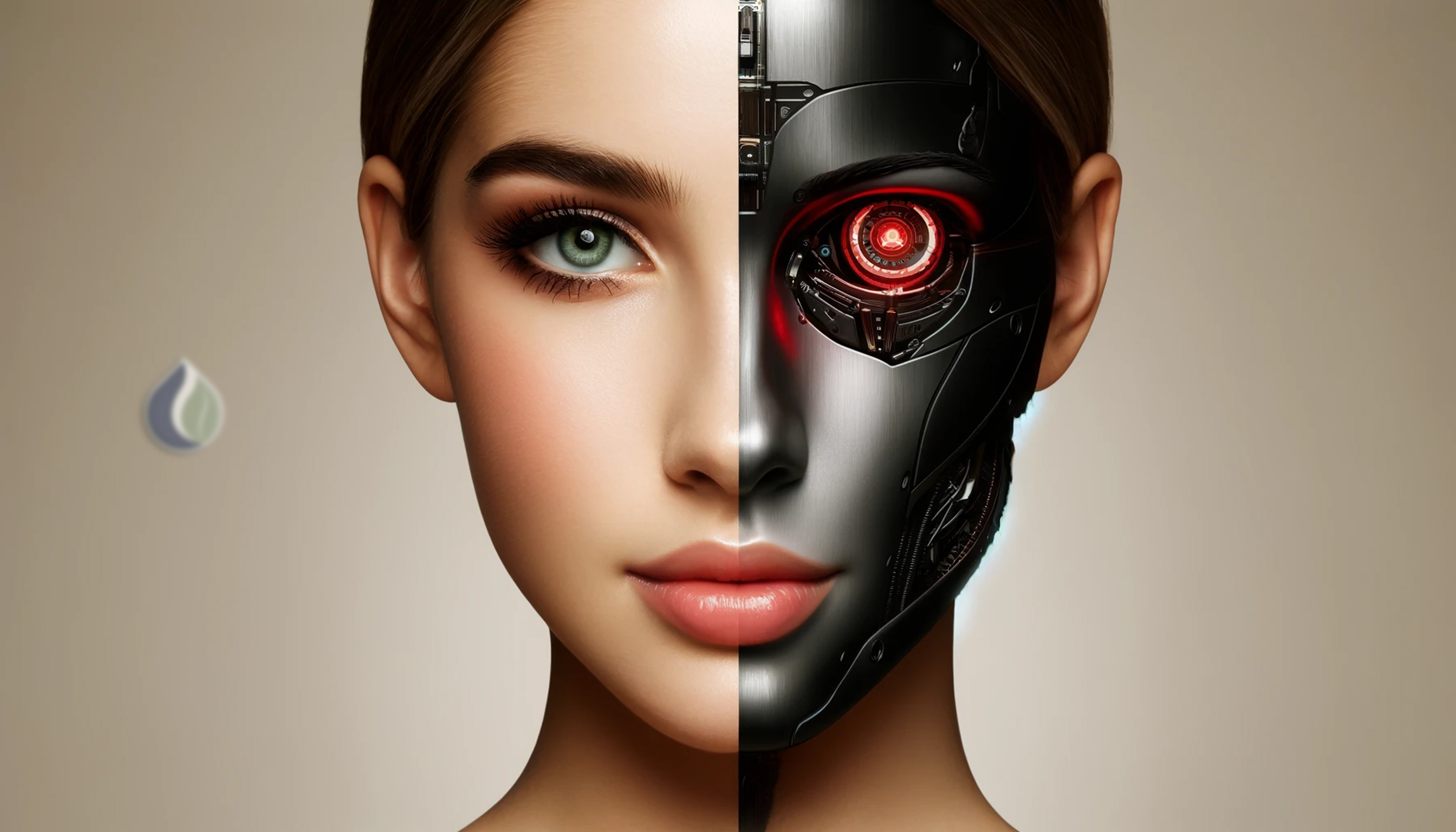
In a world where technology and science are rapidly advancing, we are increasingly exposed to concepts that once seemed only to exist in science fiction. One of these emerging trends is bio-hacking, a phenomenon that elicits both excitement and concern. In this comprehensive blog, we delve deeper into what bio-hacking actually is, its societal risks, potential long-term effects, and why it is important for society to be informed about the technological aspects of bio-hacking.
What is Bio-Hacking?
Bio-hacking is a broad term that refers to the use of biological, physiological, and genetic manipulation to enhance the human body and mind. This can range from optimizing nutrition and lifestyle to using advanced technologies such as genetic modification and implants.
The concept of bio-hacking is not new. People have always sought to improve their bodies and minds, whether through the use of herbs and dietary supplements or the practice of meditation and yoga. What sets bio-hacking apart, however, is the use of advanced technologies and scientific knowledge to achieve these enhancements.
Societal Risks of Bio-Hacking
While bio-hacking appears promising, it also brings significant societal risks. One of the main concerns is the gap between those who have access to bio-hacking technologies and those who do not. This can lead to even greater inequality in society, with those who have the means to improve themselves gaining an unfair advantage over others.
Additionally, there are ethical issues surrounding the boundaries of bio-hacking. Where do we draw the line between legitimate enhancements and unethical manipulation? For example, are we willing to allow genetic modification to cure diseases, and if so, what are the long-term effects of this?
Long-Term Impact of Bio-Hacking
The long-term effects of bio-hacking are still largely unknown. While some forms of bio-hacking show promise in improving health and extending life, others may have unforeseen consequences. It is important to strike a balance between progress and caution and to ensure that the benefits outweigh the risks.
One of the potential long-term effects of bio-hacking is the alteration of the human body and mind at a fundamental level. Through genetic modification and implants, we may ultimately evolve into a new species, with potentially unknown characteristics and traits.
The Human Ego and Bio-Hacking
The human ego plays a significant role in the rise of bio-hacking. The desire for self-improvement and competition with others can lead to an unhealthy obsession with bio-hacking technologies. This can create a culture where people constantly compare themselves to others and strive for increasingly extreme forms of enhancement.
Additionally, the human ego can lead to a lack of caution and ethical consideration when using bio-hacking technologies. People may be inclined to only consider their self-interest, without regard for the broader consequences for society as a whole.
Benefits of Bio-Hacking in Nutrition
Despite the dangers and ethical dilemmas, bio-hacking also has significant benefits, particularly in the field of nutrition. Through bio-hacking, we can improve the nutritional value of our food and reduce allergens and harmful substances. This can lead to a healthier and more sustainable food supply for everyone.
Additionally, bio-hacking can be used to develop new foods that better suit the needs of individuals. Through genetic modification, we can grow crops that are more resistant to diseases and pests and have higher nutritional value.
Awareness of Bio-Hacking
It is crucial that society becomes aware of the technological aspects of bio-hacking and its potential dangers. This is particularly true for the rise of technologies such as genetic modification and implants, which can have far-reaching consequences for humanity as a whole.
One of the key areas where awareness is needed is in the field of vaccinations. While vaccinations are an important tool in the fight against disease, we must be aware of the possible side effects and long-term effects. It is important that people are fully informed before deciding to get vaccinated and that they have access to reliable information about the risks and benefits of vaccinations.
Conclusion
Bio-hacking is an emerging trend with significant potential but also significant risks and ethical dilemmas. It is crucial that society becomes aware of the technological aspects of bio-hacking and its potential consequences for humanity as a whole. By striking a balance between progress and caution, we can ensure that bio-hacking becomes a positive force for humanity.
Meditech Europe is always ready to answer questions and provide support in the field of bio-hacking and health. Feel free to contact us at info@meditecheurope.nl for more information.




